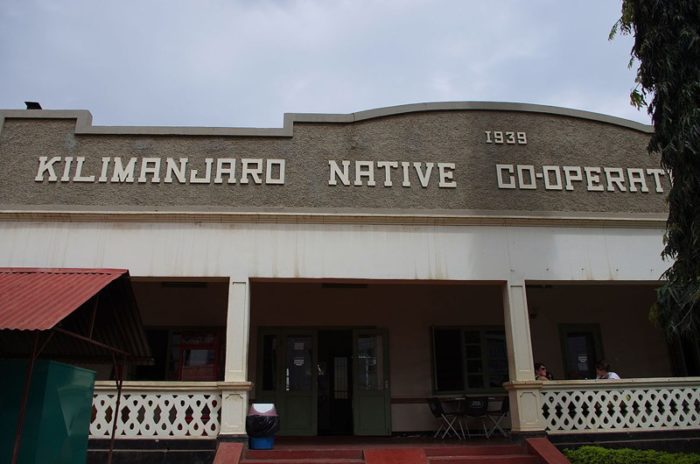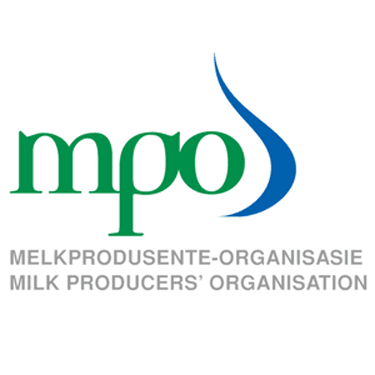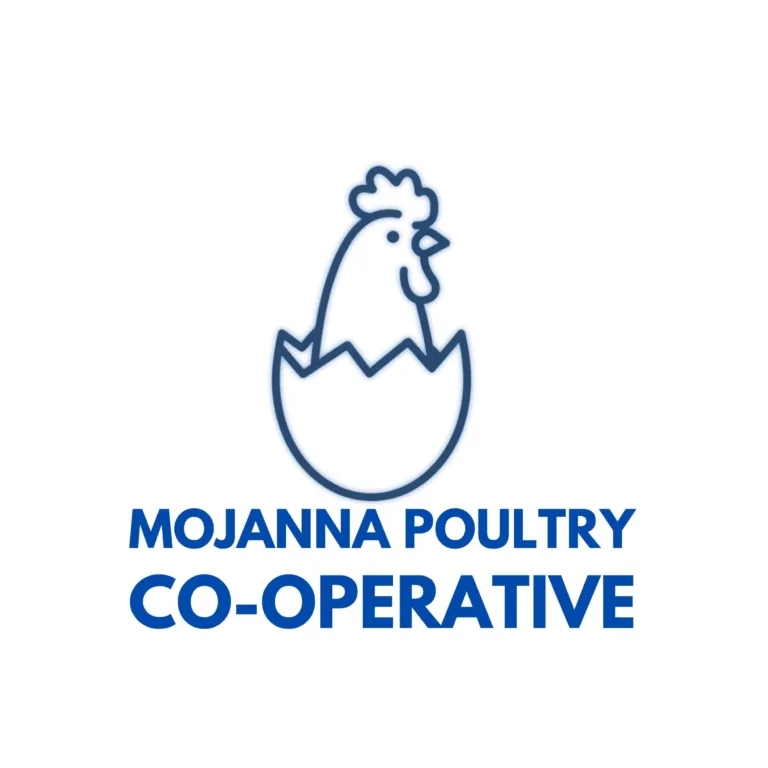Cooperativism is an economic and social model that has been successful in many countries around the world. It is based on the principles of cooperation, mutual aid, and self-help. Cooperatives are member-owned organizations that operate for the benefit of their members, rather than for profit. In Africa, cooperatives have become an important model of social economy, helping to address issues of poverty, inequality, and unemployment.

Cooperatives have a long history in Africa, dating back to the early 20th century. The first cooperative in Africa was established in Ghana in 1915. Since then, cooperatives have spread throughout the continent, with millions of members across a range of sectors, including agriculture, finance, and consumer goods.
In the early years, cooperatives in Africa were often set up by colonial authorities or missionaries to provide basic services to rural communities. However, in the post-independence era, cooperatives became an important tool for promoting economic development and social justice.
Cooperatives have a number of benefits for members and communities in Africa. Firstly, they provide a means for small-scale farmers to access markets and improve their income. By pooling their resources and marketing their products collectively, farmers can achieve economies of scale and negotiate better prices for their crops.
Secondly, cooperatives help to reduce poverty by providing employment opportunities and income-generating activities. In many cases, cooperatives also offer training and support to members, helping them to improve their skills and increase their productivity.
Thirdly, cooperatives promote social inclusion and empowerment by giving marginalized groups, such as women and youth, a voice and a stake in the economy. Through cooperatives, these groups can access credit, training, and other resources that might otherwise be unavailable to them.
There are many examples of successful cooperatives in Africa that have had a positive impact on their members and communities. One example is the Amalgamated Rural Teachers Association of Zimbabwe (ARTAZ), which was established in 2009 to provide support and representation for rural teachers in Zimbabwe. The cooperative has grown rapidly, and now has over 14,000 members across the country. ARTAZ provides a range of services to its members, including legal representation, training, and advocacy on behalf of rural teachers.
Another example is the Kenya Tea Development Agency (KTDA), which is a cooperative of small-scale tea farmers in Kenya. KTDA was established in 1964, and now represents over 560,000 small-scale farmers across the country. Through KTDA, farmers are able to access markets, credit, and other services that help them to increase their income and improve their standard of living.
Cooperativism has become an important model of social economy in Africa, helping to promote economic development, reduce poverty, and empower marginalized groups. Through cooperatives, small-scale farmers, workers, and consumers are able to pool their resources and achieve economies of scale, making it easier for them to compete in the global market. Cooperatives also promote social inclusion and empowerment, giving marginalized groups a voice and a stake in the economy. With the right support and investment, cooperatives have the potential to play an even greater role in promoting sustainable development and social justice in Africa.
Main cooperative economic sectors in Africa
Here are some of the main cooperative economic sectors in Africa:
- Agriculture: Agriculture is the primary economic sector in many African countries, and cooperatives play a crucial role in supporting small-scale farmers. Agricultural cooperatives help farmers to pool their resources and negotiate better prices for their crops, as well as access inputs such as seeds and fertilizers. Examples of agricultural cooperatives in Africa include the Kenya Tea Development Agency (KTDA), which represents over 560,000 small-scale tea farmers in Kenya, and the National Cooperative Business Association (NCBA), which works with cooperatives across Africa to improve agricultural productivity and increase access to markets.
- Finance: Cooperatives also play an important role in the financial sector in Africa, particularly in providing access to credit for small and medium-sized enterprises. Credit unions and savings and credit cooperatives (SACCOs) are common in many African countries, offering loans, savings accounts, and other financial services to members. Examples of financial cooperatives in Africa include the Rwanda Cooperative Agency, which oversees the development of SACCOs in Rwanda, and the Zimbabwe Women’s Microfinance Bank, which provides loans and other financial services to women entrepreneurs.
- Housing: Cooperatives are also active in the housing sector in Africa, particularly in providing affordable housing for low-income communities. Housing cooperatives allow members to pool their resources and build or purchase homes collectively, often with the support of government or NGO funding. Examples of housing cooperatives in Africa include the Lagos Building Investment Company (LBIC) in Nigeria, which provides housing finance and construction services to members, and the National Housing Cooperative Federation of Uganda (NHC), which supports the development of housing cooperatives across Uganda.
- Consumer Goods: Consumer cooperatives are another important sector in Africa, providing access to affordable and high-quality goods for members. Consumer cooperatives operate in a range of sectors, including food, retail, and energy. Examples of consumer cooperatives in Africa include the Cooperative Bank of Kenya, which offers banking and financial services to consumers, and the Cooperative Housing Foundation, which supports the development of consumer cooperatives in the housing sector.


























